Ashaiman soldier’s murder: Court for the second time declines bail to 6 suspects
The Ashaiman Circuit court presided over by Simon Gaga has for the second time refused to grant bail to six persons who are being held in connection with the murder of trooper Imoro Sherrif.
The court on Monday, March 27, 2023, made reference to Section 96 (5) of the Criminal Procedure Act, 1960 (Act 30) where it shall refuse to grant bail if it is satisfied that the accused may not appear to stand trial or may interfere with witnesses.
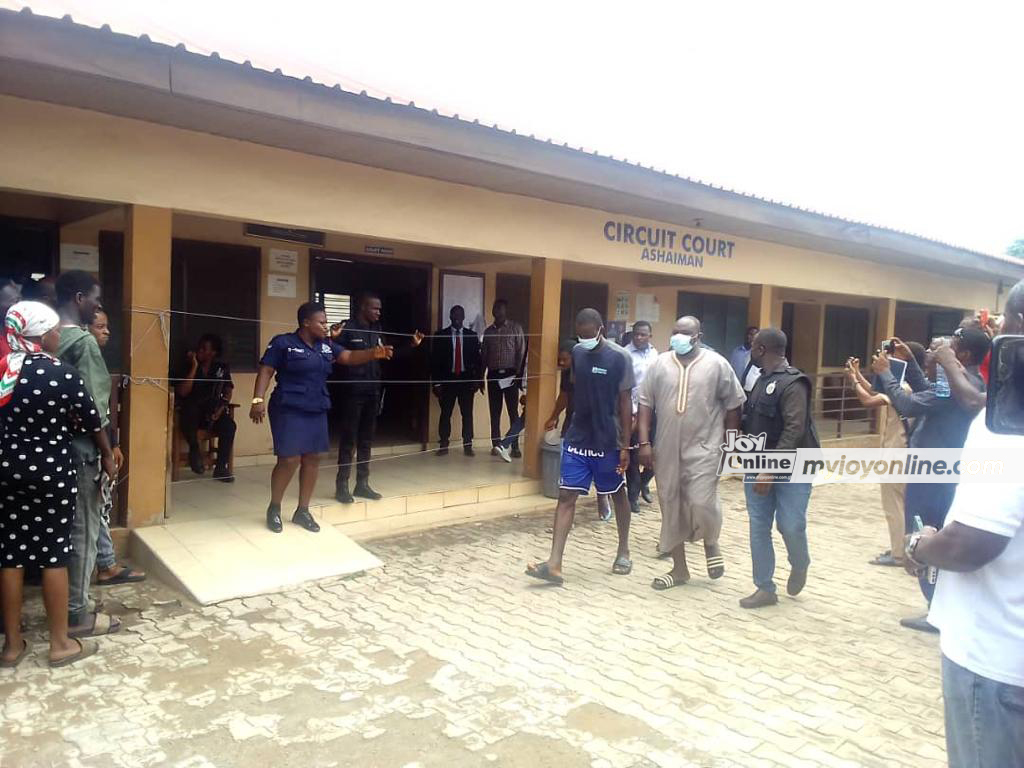
Although all six suspects were present in court, the prime suspects, Samuel Tetteh and Abubakar Sadick had no legal representation.
The other four, Ibrahim Rakib, Safianu Musah, Yussif Mohammed and Abdul Gafaru Abdul Karim had lawyers Abdul Fatawu-Alhassan and Shahadu Mohammed as their representatives.
Prosecutor, Supt. Sylvester Asare who is Director, Legal at the CID headquarters prayed the court to remand the suspects for two additional weeks to enable police to bring their investigations to a close.
Defence counsel, Abdul Fatawu-Alhassan was not happy prosecution is asking for more time despite his clients Rakib, Musah, and Abdul Karim having been charged with dishonestly receiving contrary to Section 146 of the Criminal Offences Act 1960 (Act 29) and denying same.
He then mentioned Article 14 (4) of the 1992 constitution which states that a person should not be unduly restricted because the prosecution was able to finish his case or trial within a reasonable time.
He continued and made reference to Section 96 (4) of Act 30 which also states that bail should not be withheld just by way of punishment.
Counsel Fatawu-Alhassan told the court that the prosecution has failed to identify which of the three accused perons interfered in the ongoing investigations.
He continued to mention names of people who were ready to stand as sureties for the accused as this would convince the court to grant bail to his clients.

The severity of the case and place of abode were grounds for declining bail to four of the suspects he represented a fortnight ago.
He quickly fell on Gorman v The Republic [2003-2004] Supreme Court Ghana Law report 784, Article 14 (4) of the 1992 constitution, and Section 96 (4) of the Criminal and Other Offences Procedure Act, 1960 (Act 30) to buttress his point.
He assured the court that his clients would avail themselves of trial when granted bail.
Counsel for the fifth accused person, Shahadu Mohammed sought refuge in The Republic v Court of Appeal, ex-parte Attorney General as reported in the (1998-99) Supreme Court of Ghana Law Report which states that it is the right of everybody in Ghana to enjoy his liberty, freedom of movement among other rights.
He told the court that it was its duty to protect, defend and enforce these.
He also urged the court to take into account the basis to grant bail under the law, particularly Section 96 (1) of the Criminal Procedure Act, 1960 (Act 30).
The counsel cited The Republic v High Court, Accra ex-parte Francis Arthur in the Criminal Law Report of Ghana (2020) which states that the grant of bail is regulated by facts, it is essentially expressed discretionary.
Bringing his submission to a close, he drew the court’s attention to some ambiguity in the charge sheet where his client, Yussif Mohammed had been mentioned for dishonestly receiving.
In a quick rebuttal, the prosecution told the court 3rd to 6th accused persons will not appear to stand trial and will interfere with the investigation.
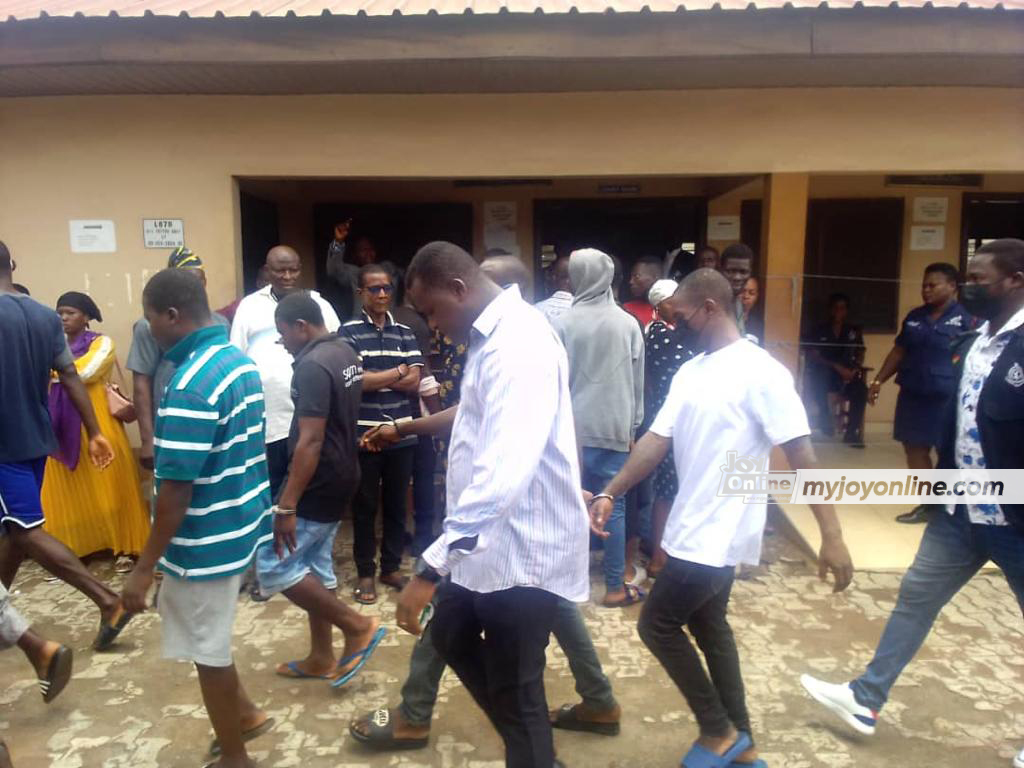
Supt. Sylvester Asare also referred to Section 96 (5) of the Criminal Procedure Act, 1960 (Act 30) and subsequently Section 96 (6) of same which authorises the court to refuse bail if the court is satisfied that the accused may not appear to stand trial.
He said one of the means of determining this is whether the matter before the court is severe or not.
Citing Suleiman v COP (2008) of the Supreme Court of Ghana, and Mireku and Others v the Republic (1997-98), he convinced the court to remand the suspects.
Upon listening to submissions from both counsels praying for bail and prosecution opposing same, His Honour Simon Gaga said the accused persons couldn’t be granted bail.

He made reference to the counsels citing The Republic v High Court (Criminal Division) Accra where granting of bail was discretionary.
He added that it must however be exercised with laid-down principles

.jpg)
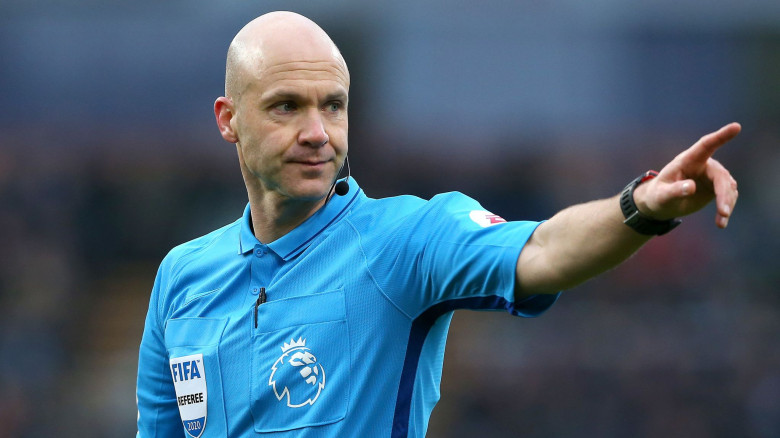


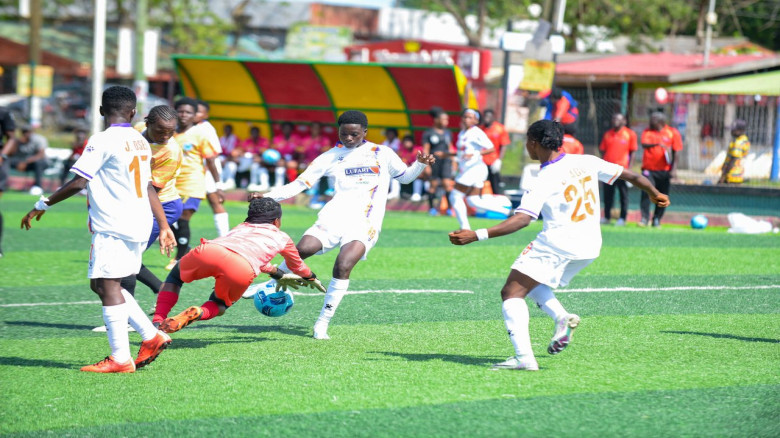



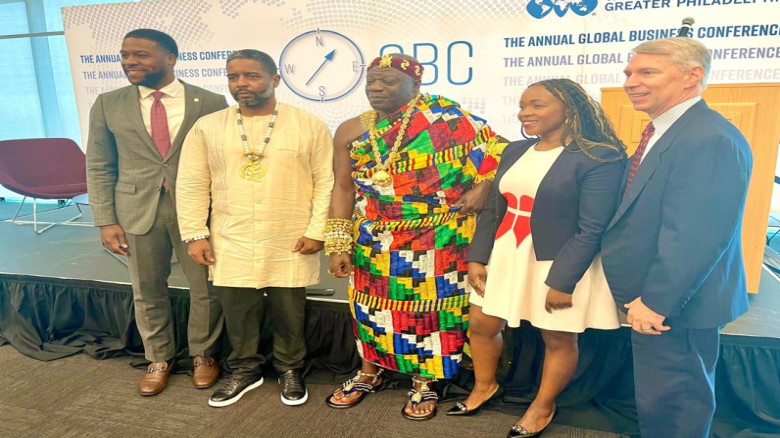

Leave A Comment